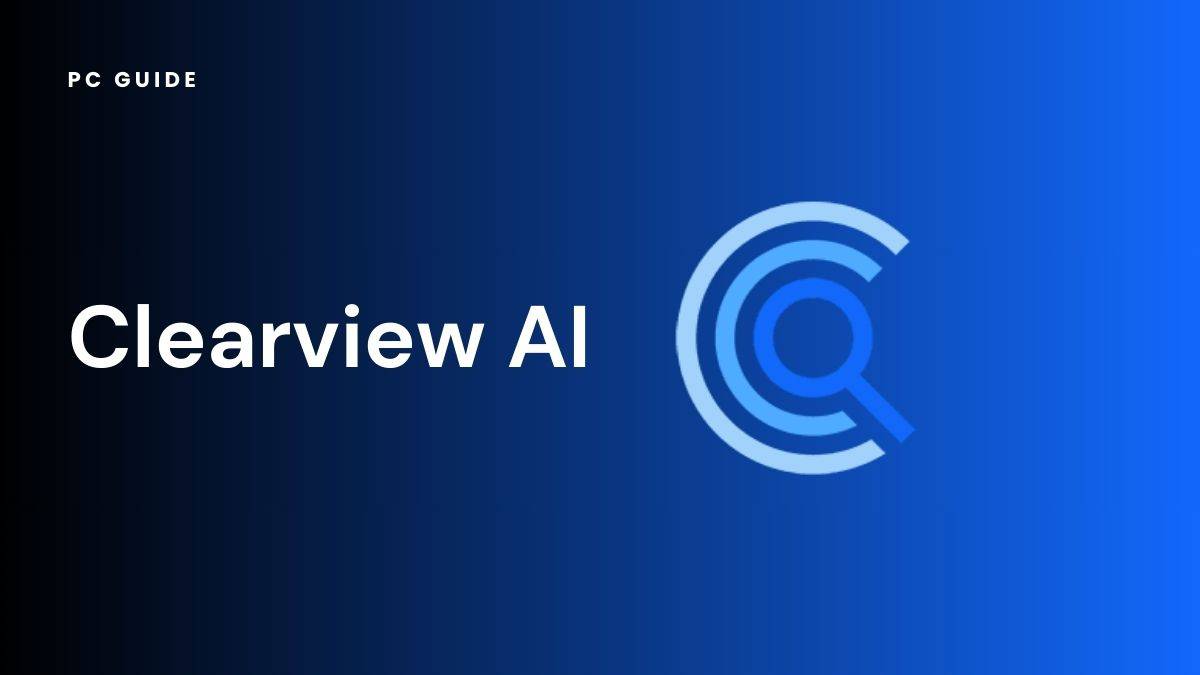What is Clearview AI facial recognition technology?

Table of Contents
Clearview AI is making headlines for a new kind of surveillance technology. The facial recognition company aims to make the internet “searchable by face” and is for-hire by police departments and law enforcement agencies. When you can tracked and searched without consent, simply for being in public, where do regulators and the supreme court fall on the use of facial recognition?
What is Clearview AI?
The technology on offer includes a facial recognition app that, given one photo of a persons face, can find all other photos of that person on the public web. These retrieved images each come with a URL to the source of that photo.
Known as “faceprints”, the firm aims to empower international law enforcement groups and government bodies with extremely powerful surveillance technologies.
Essential AI Tools
How law enforcement agencies are using Clearview AI
More than 600 federal and state law enforcement agencies have begun using the technology in the past year, including the Department of Homeland Security, according to Clearview itself. Despite these agencies, particularly local police, having limited knowledge of the technology involved, the facial recognition technology has so far aided in cases of shoplifting, identity theft, credit card fraud, through to some of the most serious crimes imaginable.
There are indeed two sides to this coin. It’s intended use is in “solving crimes and making the public safe”, but this capability necessarily comes at a cost of the privacy of law abiding citizens.
Surveillance, consent, and privacy laws
Clearview’s database reportedly comprises over 3 billion images, claims CEO Hoan Ton-That (Tôn Thất), scraped from social media companies as well as other internet-based sources. Facebook, YouTube, and Venmo were cited, among others. The accuracy of the algorithm exceeds anything ever used by the United States government, as do its potential consequences. Even the tech giants with the means to do so themselves have decided against introducing such a technology. Precedents continue to be set on the subject of AI ingesting and using user data, as in the case of OpenAI’s ChatGPT.
Eric Schmidt, chairman of Google at the time, said in 2011 that this identity scraping and mass surveillance could be used “in a very bad way”. Thankfully, Clearview’s database cannot be accessed by private companies or individuals due to a 2020 lawsuit settlement with the American Civil Liberties Union over an Illinois privacy law. This surely doesn’t help Americas majority impression that AI has already “taken over“. More recently, Italy's data protection agency ordered the firm to delete personal data involving Italian residents, along with paying a 20 million euro fine. France’s own privacy advocates join the ranks of E.U. data protection agencies in opposition of this data scraping. Some large cities, including San Francisco, have also banned police officers from using facial recognition technology.
